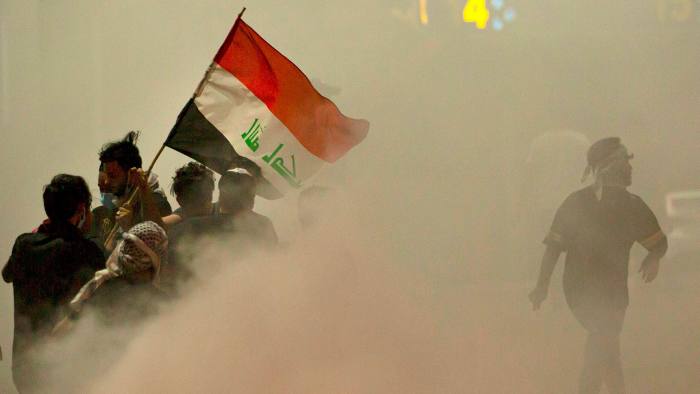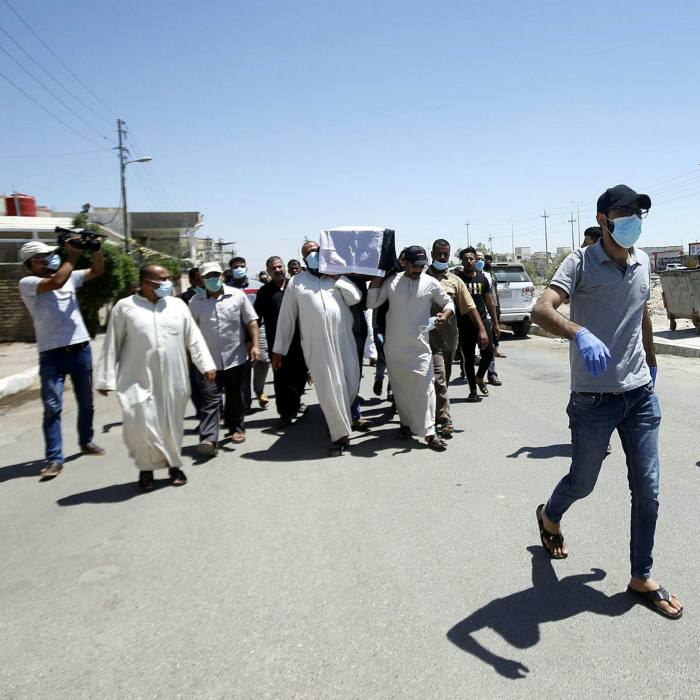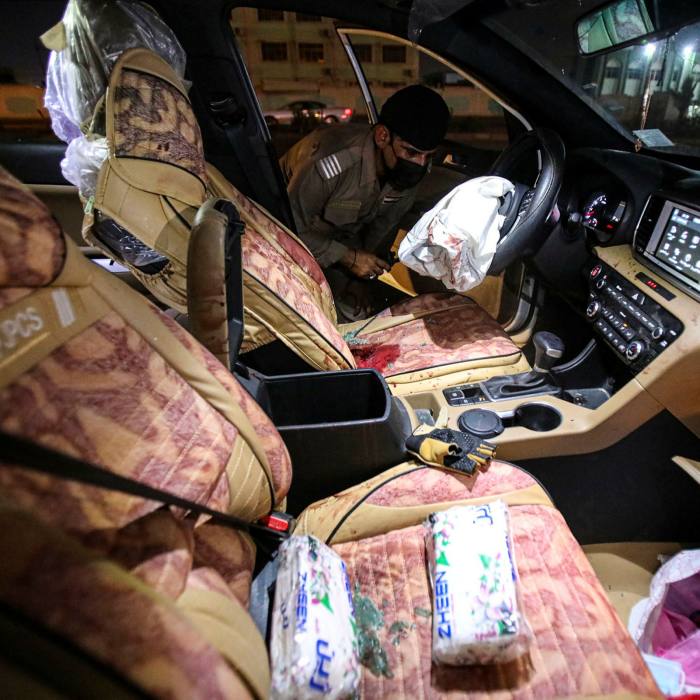Iraqi activists in the southern city of Basra have been targeted in a string of killings and attempted assassinations, with two young organisers gunned down in less than a week.
Rogue militia groups are widely suspected by analysts and activists of being responsible. The killings threaten to undermine new Iraqi prime minister Mustafa al-Kadhimi, who has pledged to rein in militias acting outside state control and to protect protesters who have been demanding reforms over the past year.
After Mr Kadhimi took office in May, the authorities arrested a small group suspected of being responsible for assaults on protesters in Basra. A month later, security forces detained members of one of the most prominent Iran-backed militias. But the men were subsequently released. And in July, Hisham al-Hashemi, a close adviser to the prime minister, was shot dead in Baghdad in an incident which many suspected to be retaliation.
Lahib Higel, senior Iraq analyst at International Crisis Group, said there appeared to be a “severe campaign to discredit” the new premier under way, “to show [him] you can’t protect these people you supposedly represent”.
Close to the border with Iran, resource-rich Basra, home to Iraq’s biggest port, is a prized asset for armed groups that want to control the city’s economic activity. But it was also at the centre of mass protests in 2018, which were harshly put down at the time by official security forces and shadowy militia groups.
Reham Yaqoub, whom local media said had organised a women’s march in 2018, was shot dead in Basra on Wednesday. Ms Higel said she observed pro-Iran media channels after the killing linking Yaqoub with the US consulate in Basra, echoing suggestions about American interference that had been used previously to discredit protests.
The killing of prominent civil rights figure Tahsin Osamah last week, also at the hands of unidentified assailants, triggered fresh protests in Basra over the weekend, which quickly turned violent. Ali Akram Albayati, a member of the Iraqi High Commission for Human Rights, which has monitored and verified attacks on protesters and activists, said that during August alone there had been six attempted murders of activists in Basra, and 15 since mass protests began in October.
Mr Nuri argued that this was intended to foment chaos and deter people from voting. The militias also seek to protect their unencumbered power, which affords them huge influence over the city’s economy and even public administration, added an activist from Basra who has gone into hiding and did not wish to be named. “The militias are stronger than the government,” the activist said. To counteract the militias’ power “you would need a revolution of governance,” he added.
The thousands of mostly young people who have taken to the streets across southern Iraq and the capital Baghdad call for an end to the stranglehold on power exercised by political elites formed after the fall of Saddam Hussein in 2003. They regard these elites as kleptocratic and beholden to foreign influence, especially from Iran and the US. Previous governments have attempted to neutralise the armed groups by bringing them into the state security apparatus. But the past year has seen militias linked to Tehran blamed for an escalation of violence against US forces stationed in Iraq, which has brought the region to the brink of war.
Source (Click Here)




 RSS Feed
RSS Feed